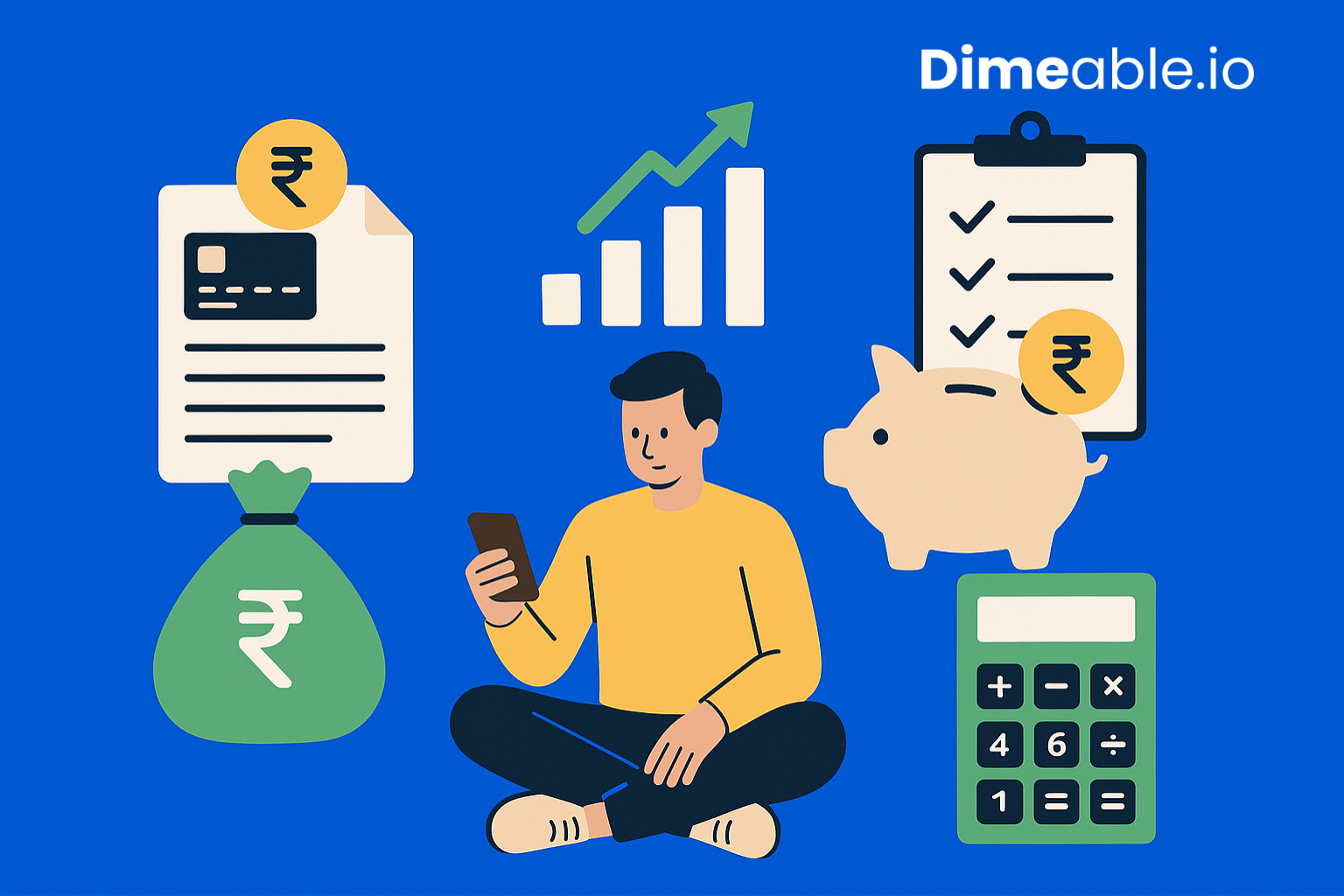Blockchain technology is revolutionizing various industries worldwide, and banking is no exception. In India, where financial transactions are rapidly digitalizing, blockchain holds immense potential to enhance security, transparency, and efficiency in the banking sector. This article explores how Indian banks can leverage blockchain technology and what challenges lie ahead.
1. Secure and Transparent Transactions
One of the biggest advantages of blockchain in banking is its ability to provide highly secure and transparent transactions. Since blockchain operates on a decentralized ledger, it minimizes fraud, tampering, and unauthorized access.
- Use Case: Banks can implement blockchain to secure fund transfers, reducing risks of hacking and fraudulent activities.
- Example: The Reserve Bank of India (RBI) has explored blockchain for digital currency (CBDC), ensuring secure transactions without intermediaries.
2. Cross-Border Payments Simplification
Sending money across borders can be slow and expensive due to multiple intermediaries. Blockchain can eliminate these inefficiencies by enabling faster and more cost-effective international transactions.
- Use Case: Banks can use blockchain-based remittance services to facilitate instant cross-border payments with reduced fees.
- Example: The State Bank of India (SBI) has collaborated with blockchain firms to enhance remittance services for NRIs.
3. Smart Contracts for Loan and Credit Processing
Smart contracts are self-executing agreements stored on a blockchain that automatically enforce terms without intermediaries. These can streamline loan processing and credit approvals.
- Use Case: Indian banks can deploy smart contracts to automate mortgage approvals and lending processes.
- Example: Banks like ICICI have already tested blockchain for trade finance and smart contract execution.
4. Fraud Prevention and Identity Verification
Identity theft and banking fraud are significant concerns in India. Blockchain can enhance security through tamper-proof digital identities.
- Use Case: Aadhaar-linked blockchain identity systems can prevent duplication and fraud.
- Example: Some Indian banks are piloting blockchain for KYC (Know Your Customer) processes to enhance compliance.
5. Financial Inclusion and Rural Banking
Blockchain has the potential to bring banking services to India’s unbanked population by offering decentralized financial solutions.
- Use Case: Blockchain-based microfinance platforms can provide instant loans to farmers and small businesses.
- Example: Initiatives like IndiaChain (a government blockchain project) could revolutionize financial inclusion.
6. Digital Currencies and CBDC Implementation
The Reserve Bank of India is actively exploring Central Bank Digital Currencies (CBDCs) to modernize the banking system.
- Use Case: A blockchain-based digital rupee could facilitate real-time settlements and reduce dependence on cash.
- Example: RBI’s Digital Rupee pilot projects are already testing blockchain-based transactions.
Challenges of Implementing Blockchain in Banking
Despite its benefits, blockchain adoption in Indian banking faces several challenges:
- Regulatory Uncertainty: The lack of clear regulations around blockchain-based banking solutions.
- High Implementation Costs: Banks require significant investments in infrastructure and technology.
- Scalability Issues: Blockchain networks need to handle a high volume of transactions efficiently.
- Public Awareness: Many consumers and businesses still lack awareness about blockchain’s advantages.
Future Outlook and Conclusion
The future of blockchain in Indian banking is promising, with initiatives from both public and private sectors. While regulatory clarity and technological advancements are needed, the benefits of blockchain—enhanced security, efficiency, and financial inclusion—make it a game-changer. Indian banks that embrace blockchain early will gain a competitive edge in the digital financial era.

